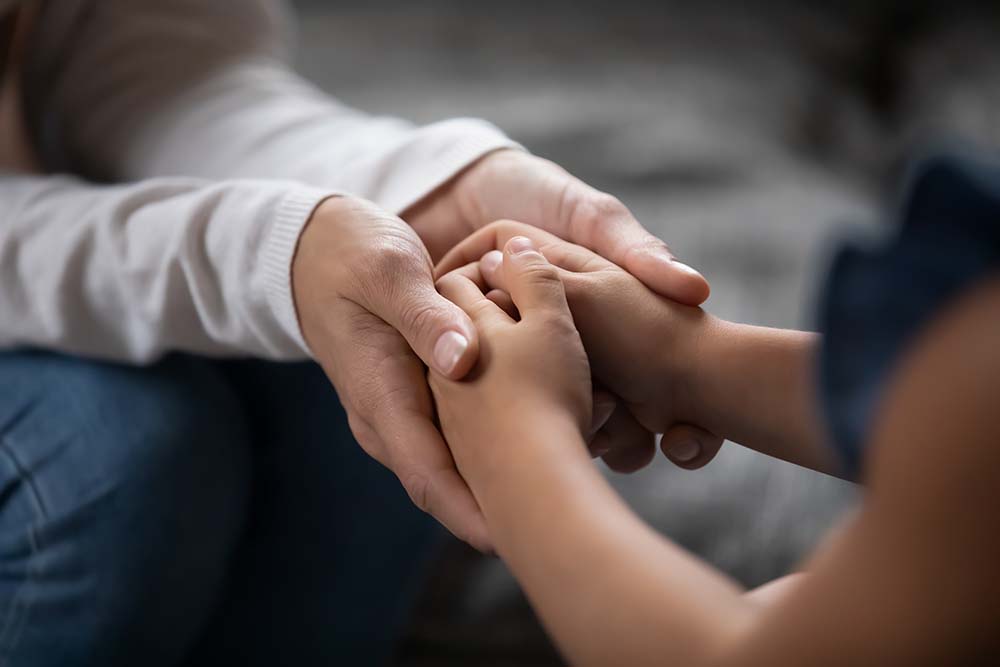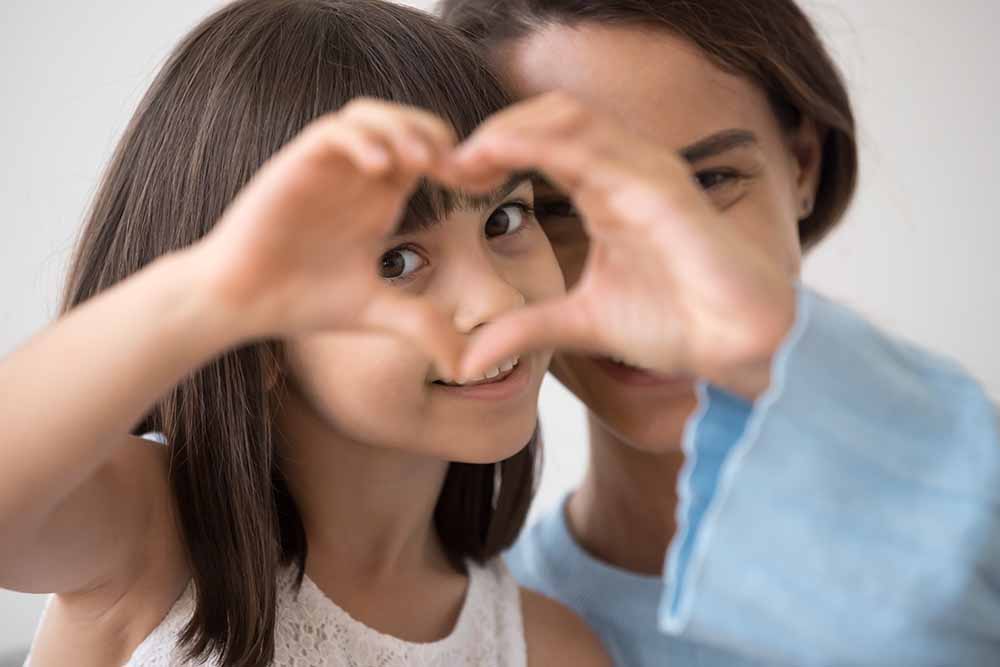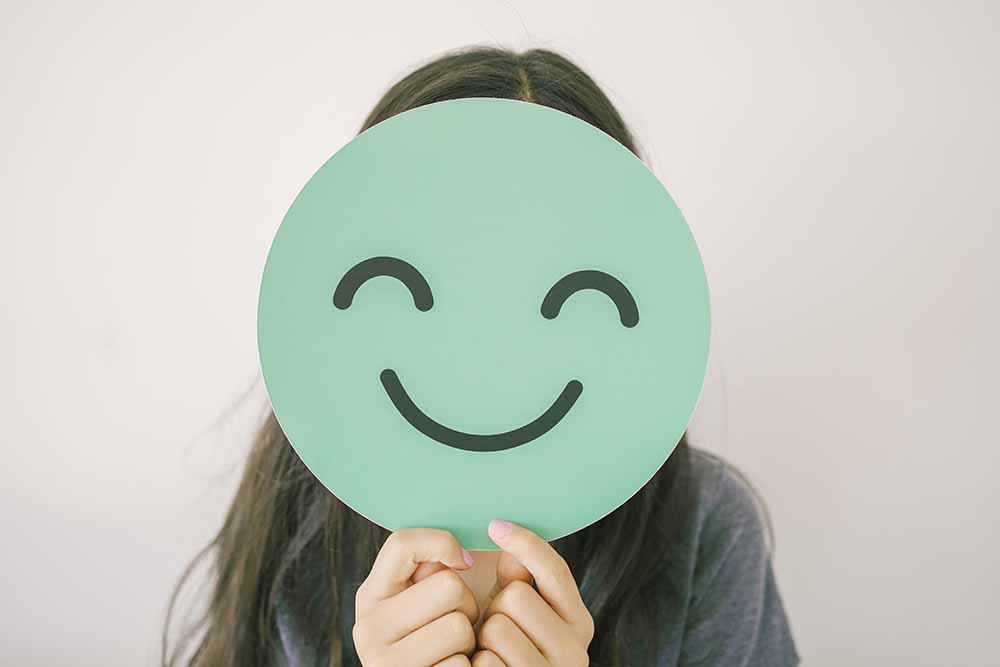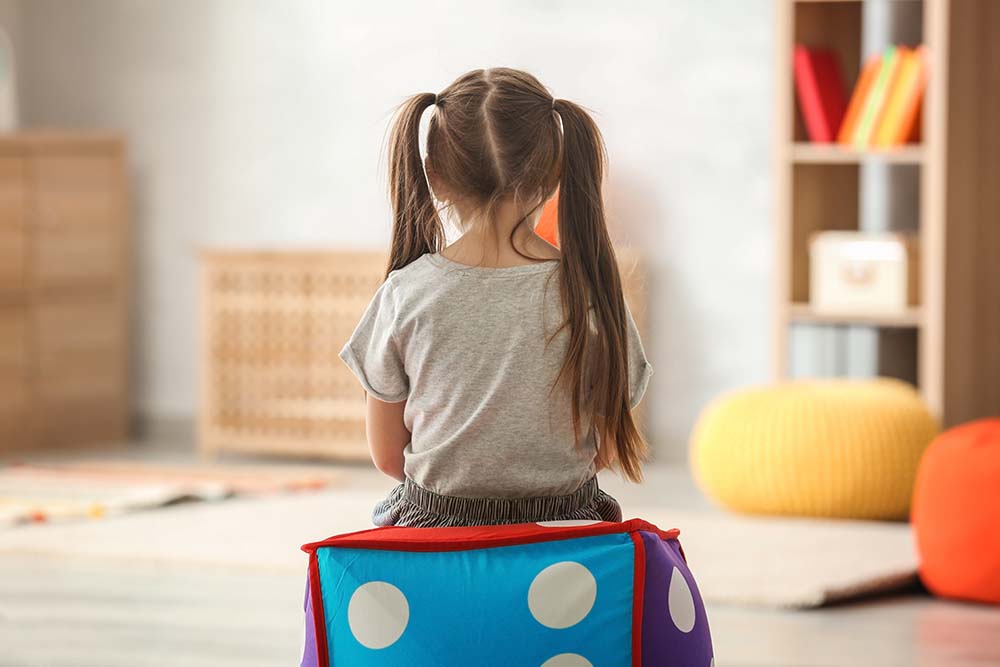Even as adults, with knowledge at our fingertips and the ability to perceive things around us, we still find it difficult to understand the human mind. Despite information and awareness at our disposal, we sometimes tend to feel helpless and lost. As rightly put by Dr Ruhi Satija, Consultant Psychiatrist and Counseling Therapist, ‘Nobody needs to suffer knowingly. If one doesn’t feel right from inside, there’s no need to convince others but yourself and seek professional help towards getting better.’ It becomes all the more essential to educate children from a young age, so they understand and get to know themselves better early on.
The perspectives of Gen Alpha on mental health are continually evolving. Gen Alpha may have learnt the value of mental health through their experience with the COVID-19 pandemic, leading to a decrease in stigma associated with mental health conditions. The majority of Gen Alpha’s parents, who are Millennials and early Gen Z-ers, will set the tone for how they think and speak about mental health. It has been demonstrated that both generations are more willing to discuss and seek assistance for mental health issues.

Broaching the subject of mental wellness with kids
Dr. Ruhi explains that mental health is a necessity, not a luxury. Just like other medical concerns, mental health has a direct correlation with our biological functioning. The main issues faced by the current generation are differences in lifestyle, particularly the aspect of isolation, as well as the self-centeredness that comes with nuclear families. Social media overstimulation and peer pressure to simply keep up ,often result in the need to be perceived or seen as relevant. So, it is of utmost importance to have an open conversation with children about the impact of these aspects on mental health. Explaining the early signs of mental health issues enables children to have some understanding of what is happening to them from the right source, rather than gleaning the wrong information from unreliable sources.

Helping kids emote in a healthy manner
The most important thing to teach kids is that every emotion is important. Often, we are ourselves clueless about how to react to certain emotions. For instance, we get uncomfortable when someone is angry. Anger is as much a human emotion as happiness or joy. Start by teaching kids that every emotion is equally important and necessary to express oneself. If your child is facing difficulty in managing their emotions, taking them to a professional counsellor or psychologist will help them in more ways than one. Young children and teenagers are often in an emotional turmoil. They find it difficult to cope or express themselves. Maintaining open communication channels with your child right from a young age will help protect them from developing unhealthy emotions and behavioural patterns.

Creating healthy coping mechanisms
Dr Ruhi recommends that kids be taught about psychoeducation - a combination of cognitive-behaviour therapy, group therapy, and education. This will not only open new avenues for the child to understand themselves, but it will also help them recognise and know where they learnt it because it is most likely a conditioning response or a trauma response. If the root cause is recognised, such as the past history of the trauma, then it is important to address it. Seeking therapy techniques like cognitive behavioural therapy and mindfulness therapy can help them cope in a healthy manner.

Starting to educate your child early
Simple practices like anger management, calming techniques and supportive techniques can be taught to a child as young as three years old, advices Dr Ruhi. In fact, the sooner one begins, the better! When it comes to mental health concerns, we are seeing a rise in anxiety and depression in children as young as six - eight years old. That is why it is crucial to add this topic to school curriculums and create awareness through various platforms available for children.